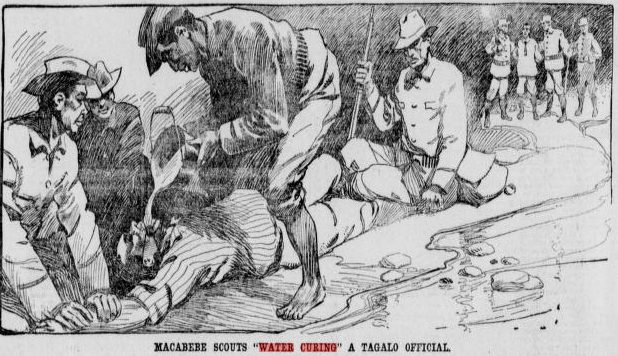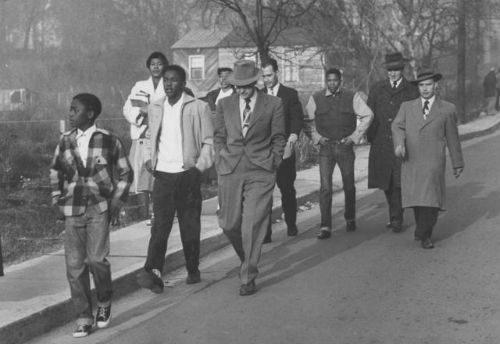The area of the circle of the barrel of a gun
The Third Geneva Convention forbids the inhumane treatment of prisoners of war. This treaty was signed by nearly everybody — more than 120 nations — including the United States, whose ratification of it made it legally binding in this country.
The Third Geneva Convention provides an unambiguous legal framework, so it becomes an obvious first response to the appalling question: Why is torture unacceptable?
Torture is unacceptable because it is illegal. You're not allowed to torture another human being.
That's a sufficient answer — it clearly and categorically explains that torture is, in fact, forbidden. But it is not a complete answer.
The legal framework provided by the Geneva Conventions is not the only, nor the primary, reason that torture is unacceptable. The Third Geneva Convention was officially adopted in 1929 (and revised in 1949), putting this legal framework into place. Does that mean that torture was OK — permissible, acceptable, human and humane — before 1929?
No. The Third Geneva Convention did not create the prohibition against torture, but rather acknowledged it and enshrined it in international law. This legal recognition of the prohibition is a source of authority for its enforcement, but it is not, in itself, the source of the prohibition.
What, then, is that source?
The prohibition against torture arises from the dignity of the individual, which exists independent from and prior to any legal framework, national or international.
Some people know this, and some do not.
In 1929, 128 nations officially adopted the Third Geneva Convention, mandating and encoding, among other things, the prohibition against torture. Good for them. But those 128 nations no more had the power to create such a prohibition than they would have had the power to deny its existence.
It is simply a matter of fact, like the value of pi. The value of pi is not dependent on your knowledge, recognition, acceptance of or opinion about its existence. You are free to ignore it, to reject it, to prefer that it were something other than what it is. But you are powerless to change it or to cause it not to be. The same is true for the dignity and rights of the individual.
Some people know this and some people do not. But its truth, again, is not dependent on their knowing it.
There will always be those who claim this is not the case.
"I have a bigger gun than you do," they say, "so what I say goes." And by authority of this brute strength they may claim that individuals possess no rights nor dignity other than what they deign to allow. By authority of this brute strength they may claim that the area of a circle is equal to the square of the radius times the age of the king's oldest daughter. By the authority of this brute strength they may claim that black is white, up is down, freedom is slavery and ignorance is truth. And with enough power, enough brute strength, they may be able, for a time, to pretend that this is so and to force others to pretend as well. They can create a fantastic world of make-believe and force others to live in it, but they cannot change reality itself.
No one has a big enough gun to do that.
The area of a circle is πr2.
You're not allowed to torture another human being.
You're not allowed to kill civilians.
Whether you like it or not.












